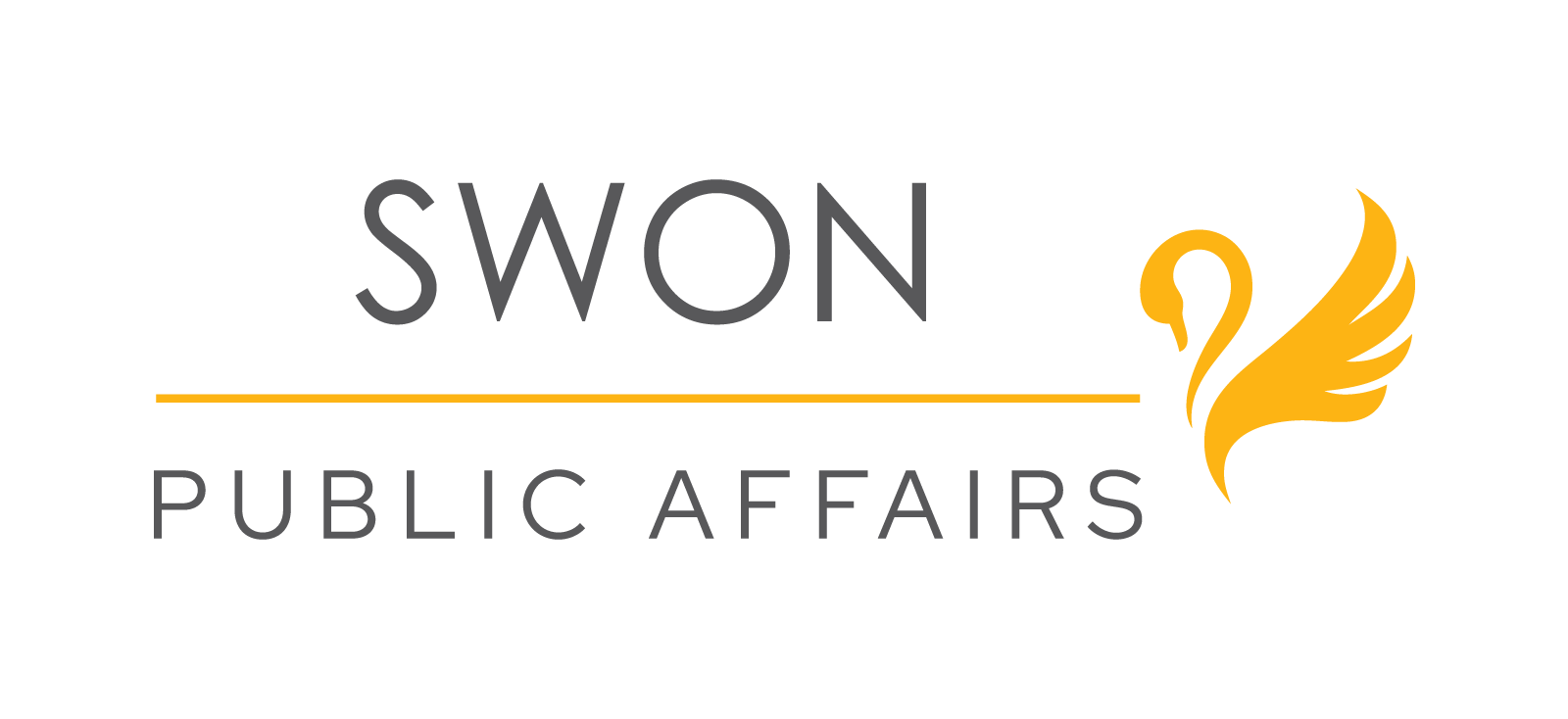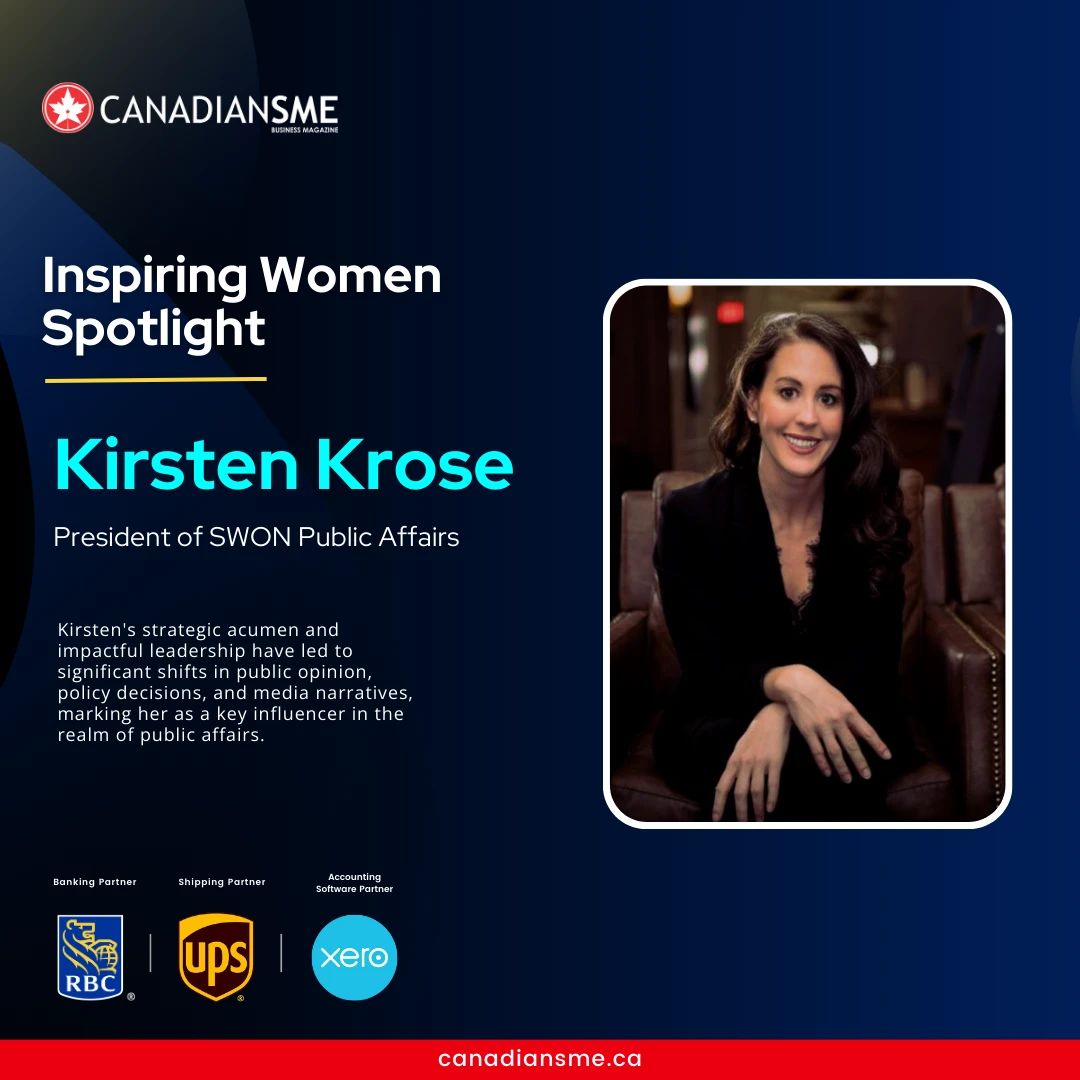Robert’s Rules of Order is a comprehensive manual of parliamentary procedure designed to facilitate smooth and orderly conduct of meetings. Originally published in 1876 by Henry Martyn Robert, a U.S. Army officer, these rules are meant to ensure that meetings are conducted fairly, democratically, and efficiently, respecting the rights of all members to participate in decision-making. Over the years, Robert’s Rules has become the standard guide for parliamentary procedure among various organizations including schools, non-profits, and civic groups, especially in the United States.
The core of Robert’s Rules revolves around the formulation and processing of motions—proposals for action by a group. A motion must be made by a member, seconded by another, then opened for debate among the members, and finally resolved by a vote. The rules also allow for motions to be amended and specify different types of votes and voting procedures depending on the situation. Furthermore, the rules ensure that discussions are controlled and orderly, allowing for efficient handling of the meeting’s agenda.
Key to Robert’s Rules is maintaining decorum through the role of the chairperson, who enforces rules, manages the flow of debate, and ensures that all voices are heard respectfully. The system also stipulates the importance of a quorum—the minimum number of members that must be present to validate the proceedings—ensuring that decisions are made by an adequately representative segment of the group. These procedural norms are designed to protect the rights of majorities to decide, while also safeguarding the rights of minorities and individual members to express dissenting opinions and contribute to the collective decision-making process.










Latest posts